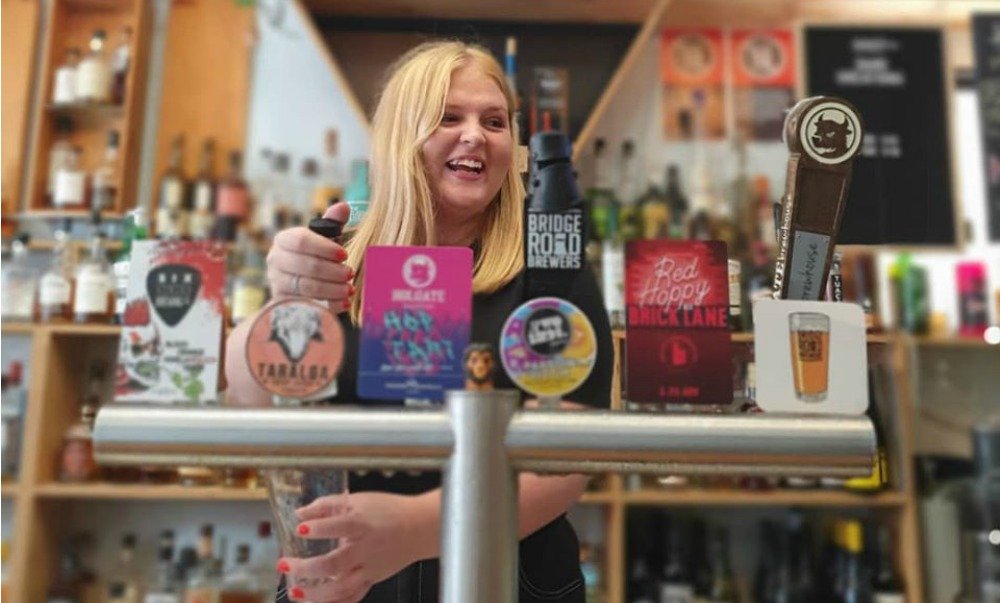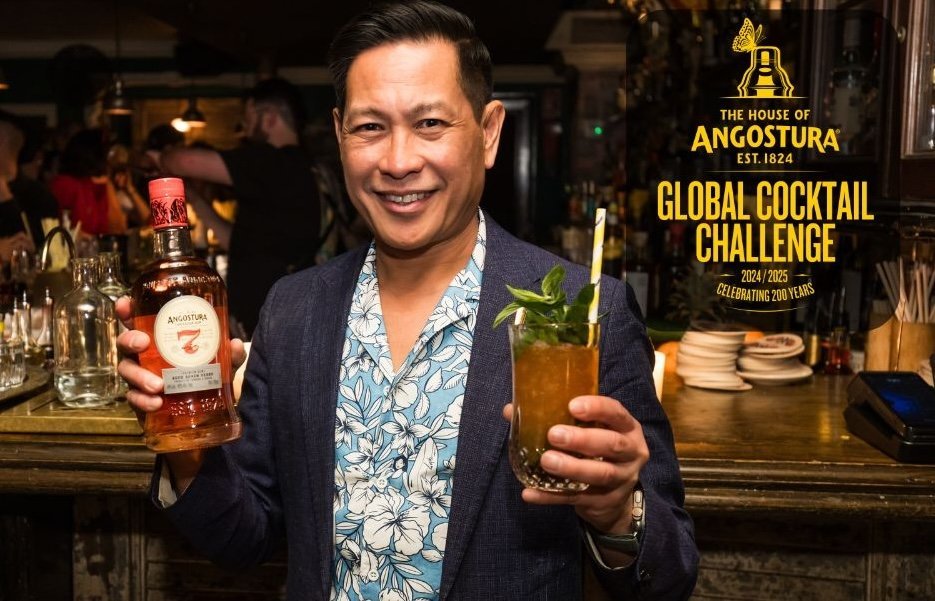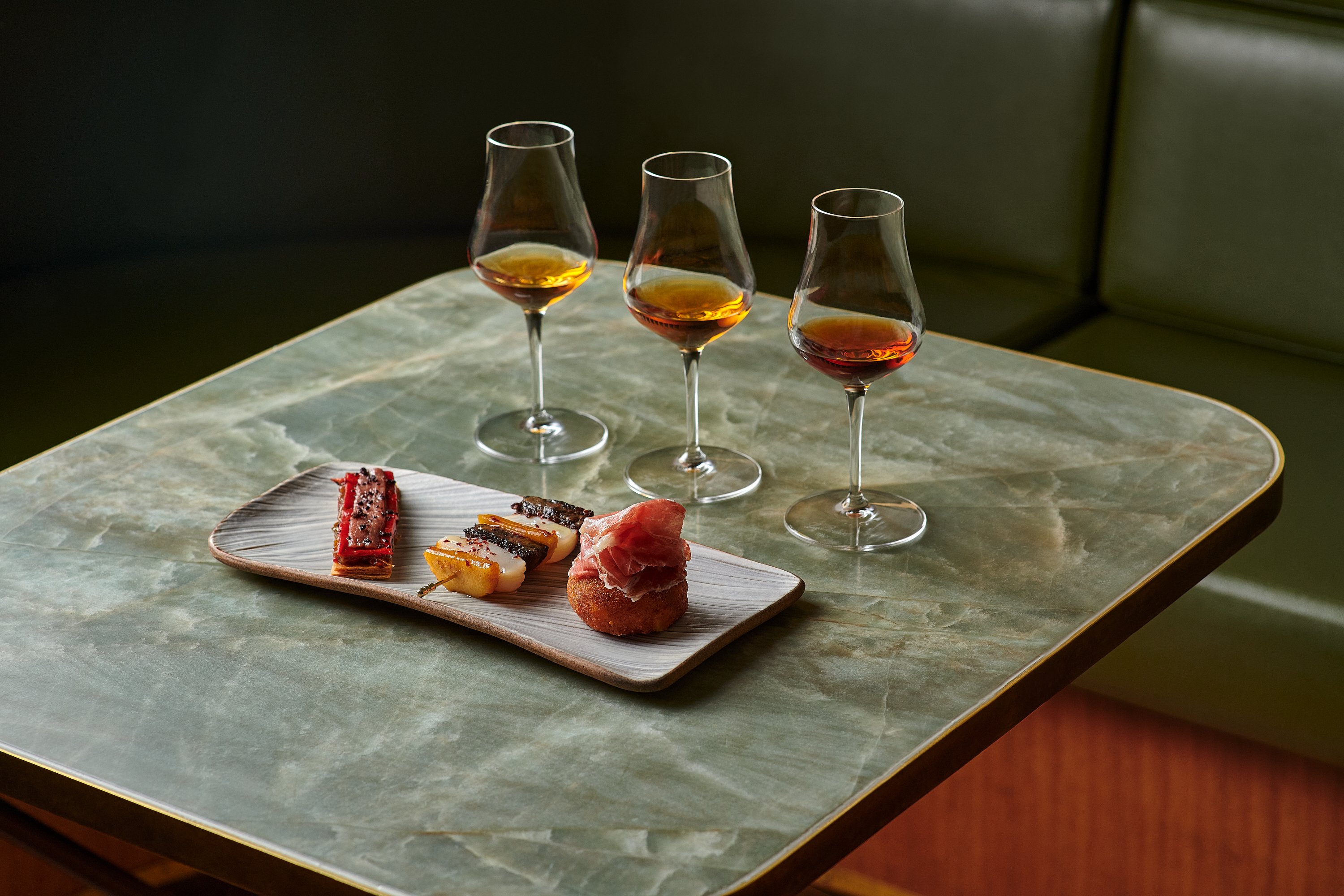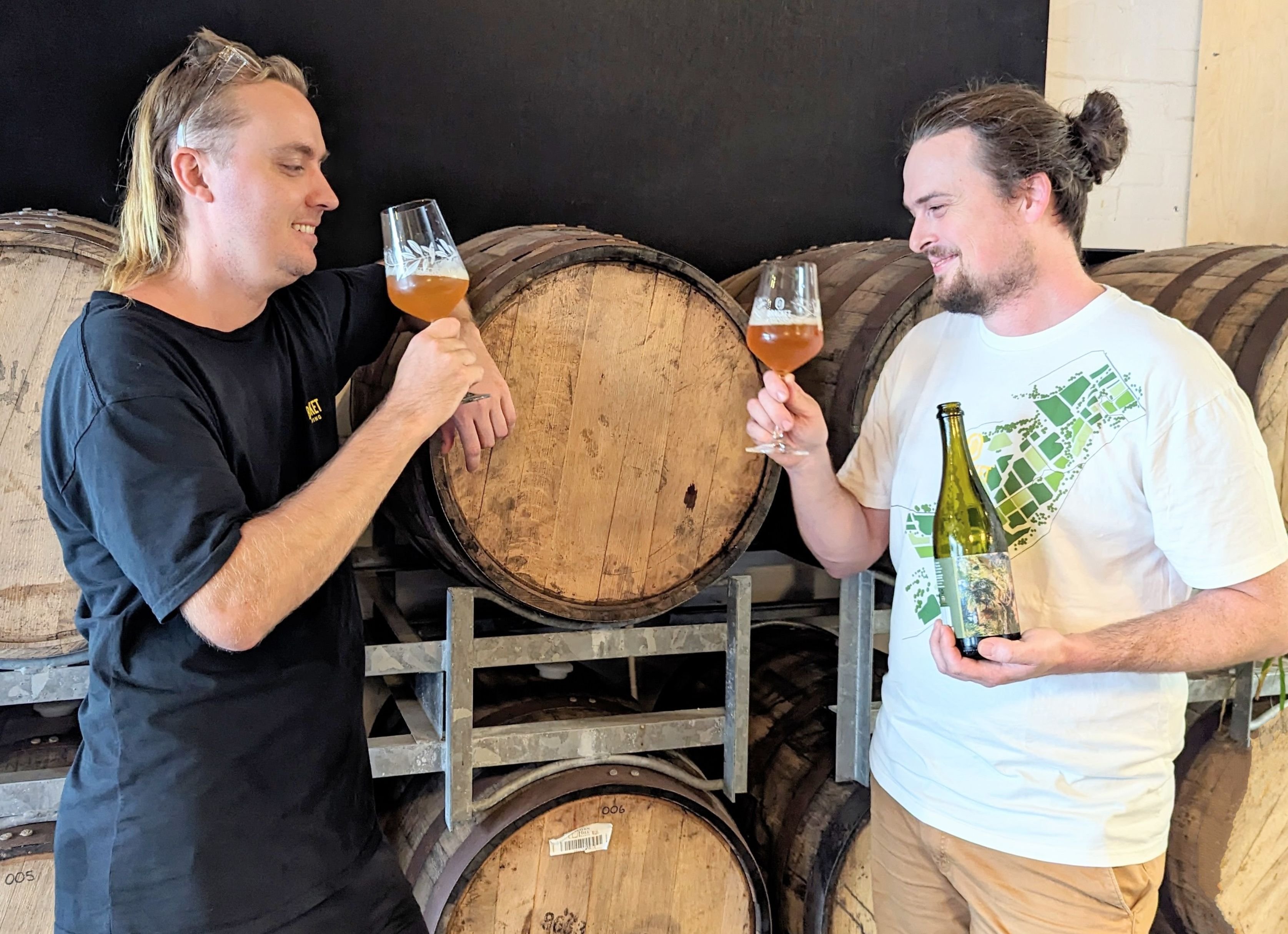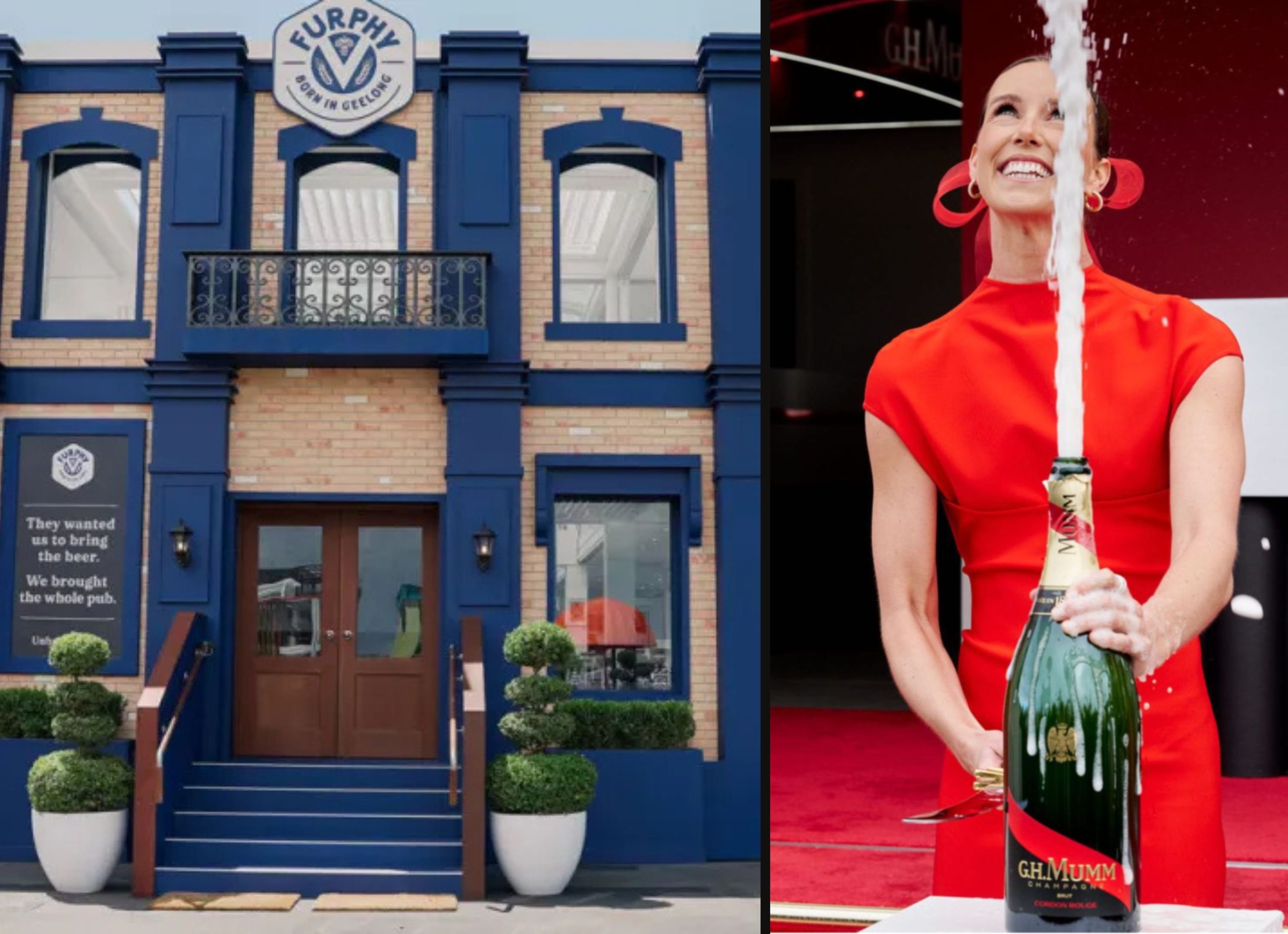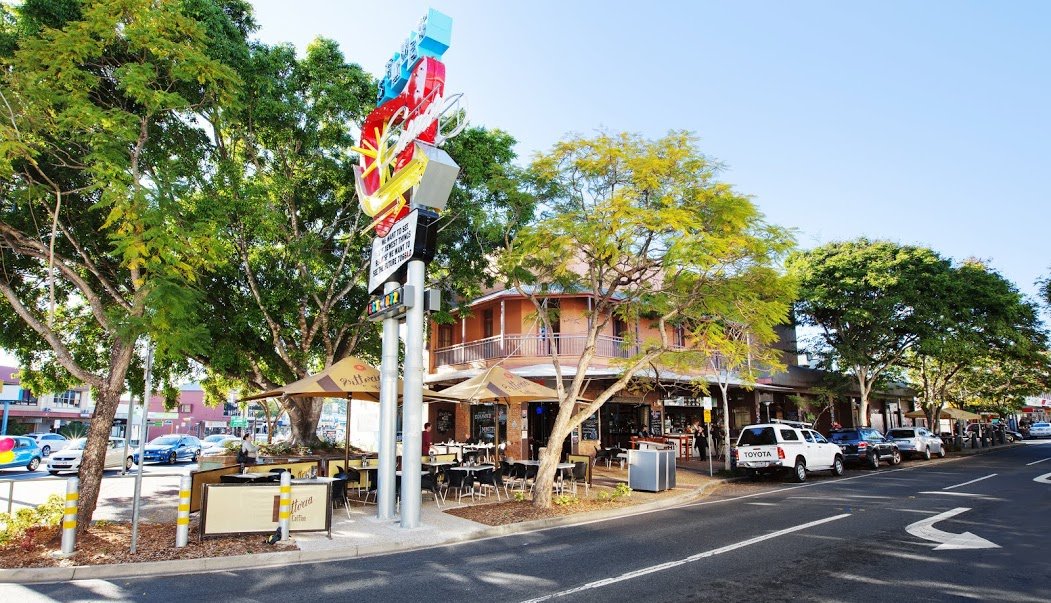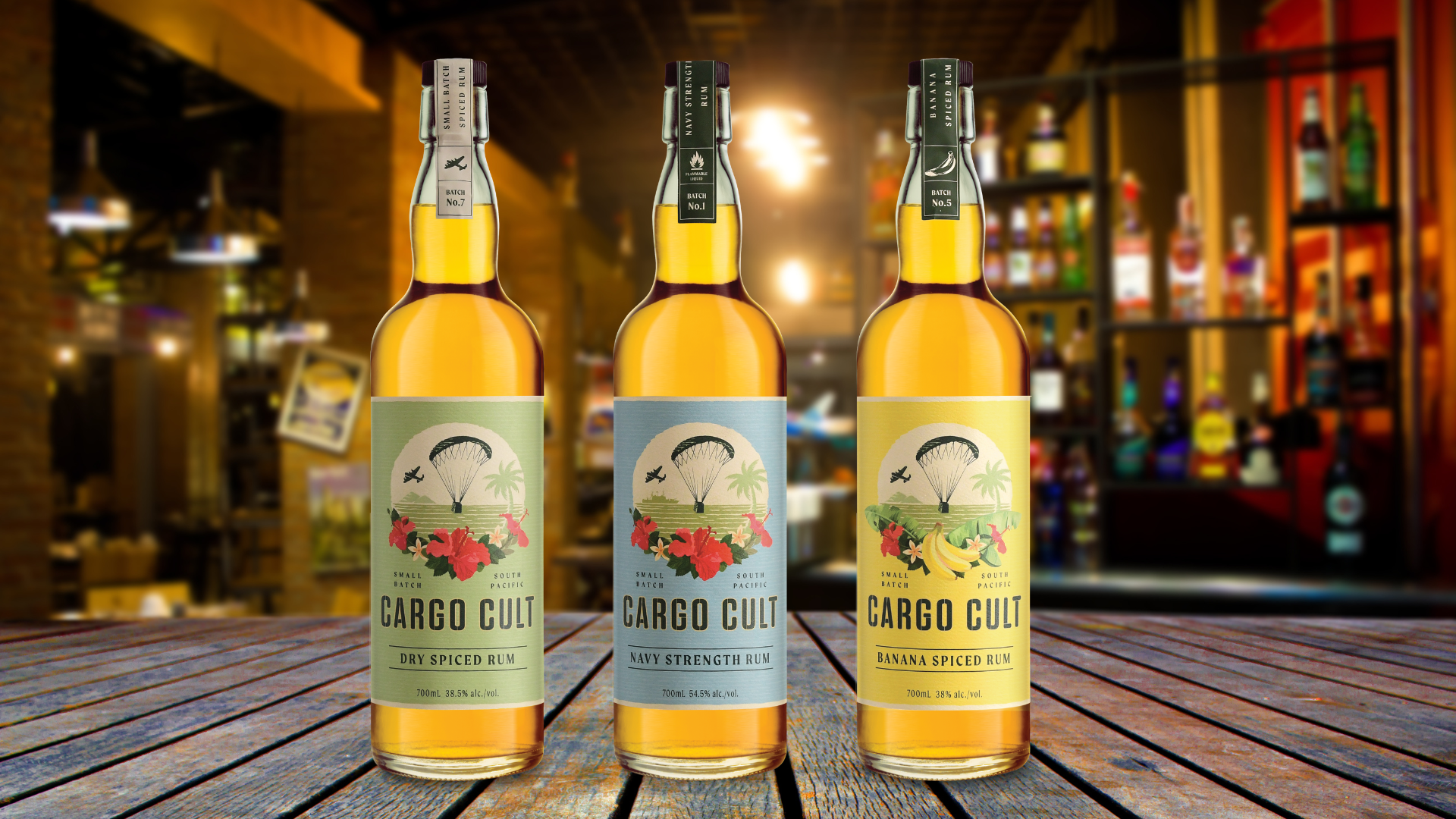An expert in hospitality technology has given his verdict on the keys to the industry surviving COVID-19 customer restrictions.
According to the Australian Bureau of Statistics, almost one million people have lost their jobs since mid-March, with the hospitality industry hit the hardest. The crisis has cost the Australian economy $50 billion and will continue to cost $4 billion a week while restrictions remain in place.
Nick Cloete, Founder and CEO of Kounta - a cloud-based POS and hospitality software platform created by an Aussie team of ex-chefs, bar managers, cafe operators and technology professionals - says he's expecting a shift in consumer behaviour and owners need to be ready to adapt.
"While there are plenty of punters who are itching for a nice meal in a restaurant and a drink in their favourite bar, there are just as many who are cautious of crowds and public spaces, and hesitant to dine out," he said.
"Moving forward, this means that takeaway, home delivery and a diversified product offering, including retail food and drink, will remain hugely popular."
Cloete (above) said consumers have embraced home delivery options during COVID-19 and, after almost three months, this behaviour has become habitual.
"The pandemic is going to shift the whole dynamic of the industry," he said.
"Even with the government starting to relax lockdown measures, it won’t instantly translate to people eating out again at the same level. Plus, we love that we’ve been able to experience some of the country’s finest restaurant offerings in our own homes. Home delivery isn’t just about cheap convenience anymore - especially when you can now enjoy a meal from a hatted restaurant like Africola in Adelaide or Porteno in Sydney from the comfort of your own home."
According to Cloete, the average order value for online channels has doubled since January, with the national average for delivery orders now over $50.
"It’s a smart revenue stream that compliments the in-venue offering and no doubt smooths out the day-to-day variability in demand," he said.
Changes to liquor laws a game changer
Cloete said state governments relaxing licensing restrictions has proven to be a huge win for bars and restaurants - especially for venues with unique beer, wine and spirit ranges that are harder to find in traditional bottle shops.
"We’ve also seen the rise in popularity of pre-made cocktails, which consumers are loving," he noted.
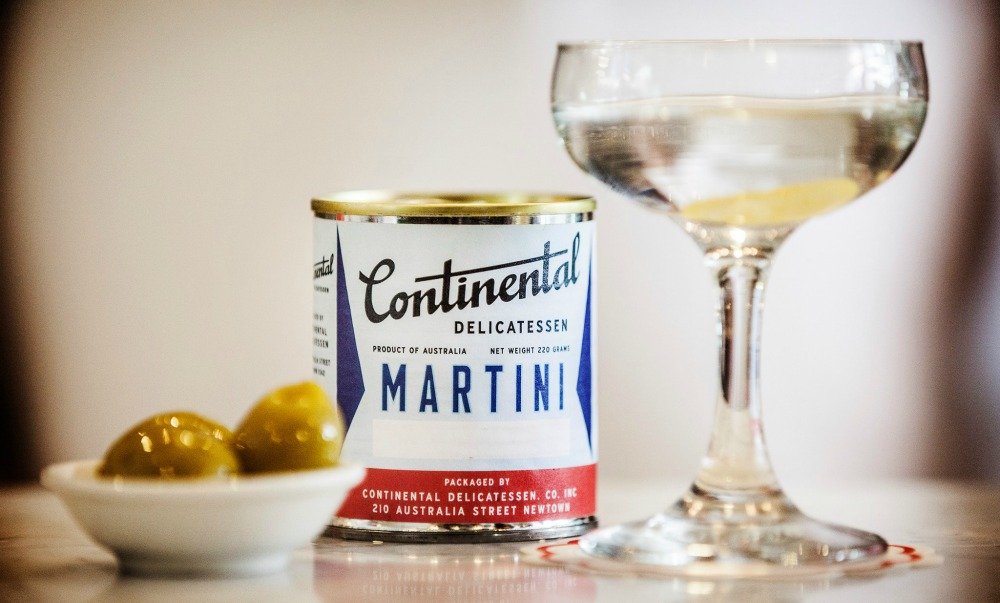
"For instance, the team at Continental Deli in Newtown have been inundated with takeaway orders for their ‘Martinny’ and ‘Cosmopolitin’ from their ‘cocktails in a can’ range. We've even seen a few bars and pubs canning their tap craft beers on-site for customers to take home and enjoy later!
NSW Treasurer Dominic Perrottet said last week that he’s keen to see takeaway cocktails, wine and beer from licensed venues become an on-going service.
"It’s a win-win - giving consumers the convenience of being able to take an experience home with them and access to unique products while increasing order values and turnover of inventory for venues," Cloete said.
Venues pivot during shutdown
Cloete said it was inspiring to see the sheer spectrum of ways venues have pivoted to survive shutdown.
"It really shows what a creative and resilient bunch hospitality business owners are," he noted.
"Look at the team from Rising Sun Workshop in Newtown re-hiring their casual staff to deliver their award-winning ramen on motorbikes, to cafes like Sonoma bakery diversifying their ranges to offer retail staples, even toilet paper! And high-end restaurants offering pre-made meals and new retail ranges alongside luxurious on-demand feasts.
"We’ve also applauded how the industry has rallied to support itself. For instance, our local pub, the Sneaky Possum (pictured main), next to Kounta’s Chippendale office has been offering free meals for hospitality staff every night at 8pm, ever since the restrictions came into place."
Maximising profitability with customer restrictions
Businesses that have continued to offer takeaway and home delivery throughout the pandemic will be finding it a lot easier to simply re-open a section of their venue for dine-in during customer restrictions, which limit numbers to 10 diners in some states.
In many cases, Cloete said those venues may only need to add one additional staff member to the roster.
However, for those re-opening for the first time, he suggests the key to survival will be to ensure costs are controlled and demand is managed in an effective way.
Tips for surviving customer restrictions could include:
● Offering a set, or limited menu to control food waste and better manage kitchen staffing.
● Offering one, or two seating times in service to effectively control floor staffing rosters.
● Consider accepting group bookings only - so you can serve one larger table of 10 customers per seating.
● Consider accepting pre-payments to secure revenue and reduce financial risk.
● Supplementing in-store revenue with a retail offering, such as alcohol or branded staples, so diners are encouraged to take a little bit extra home with them.
"Bookings, seatings and set menus will help minimise unpredictability, manage customer expectations and ensure efficient rostering that enables venues to maintain an exceptional standard of service," Cloete said.
"It's important to have a plan, because simply opening the doors and hoping for the best could do more harm than good."
Share the content
